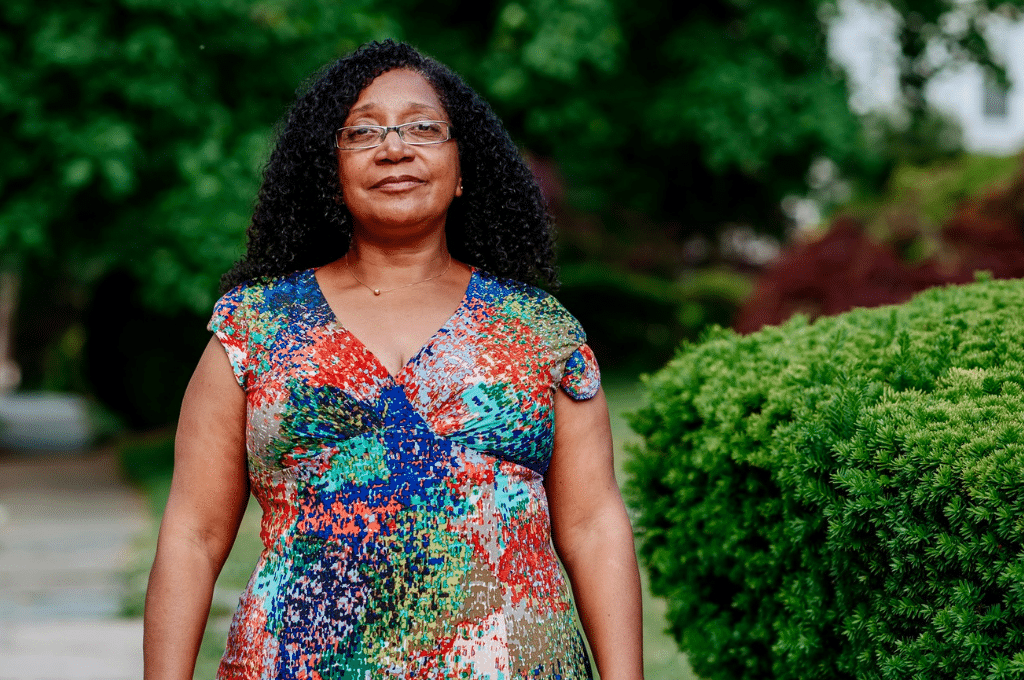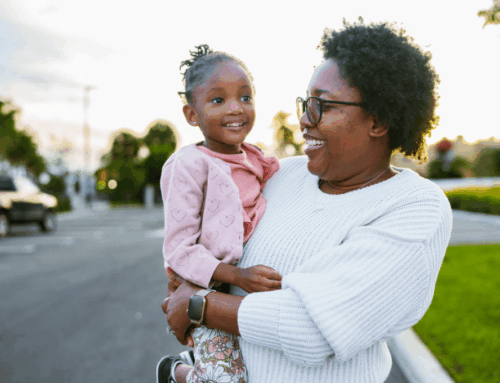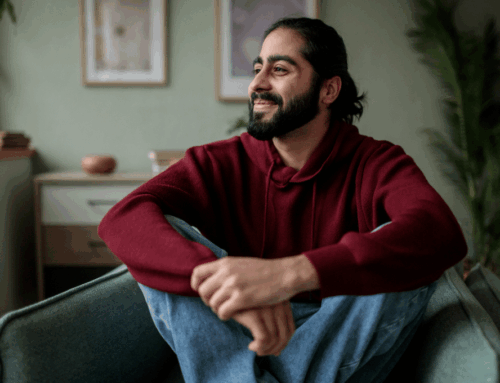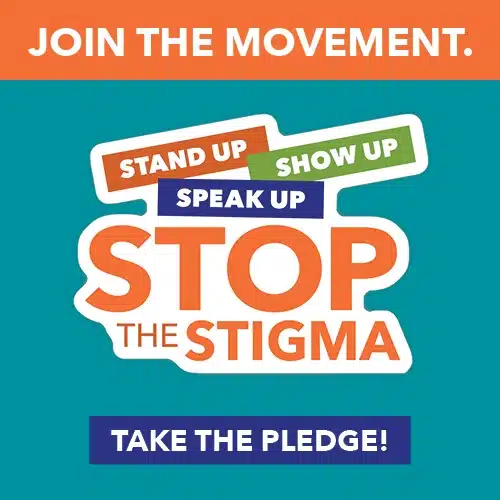July marks the celebration of Bebe Moore Campbell National Minority Mental Health Awareness Month, a time dedicated to acknowledging and addressing the unique mental health challenges faced by Black, Indigenous, and people of color (BIPOC) communities. At the core of delivering mental health services to the BIPOC community is understanding their unique cultural influences to be able to serve them better.
Mental Health America breaks down the facts in this year’s BIPOC mental health toolkit:
Navigating Stigma and Cultural Differences
One of the biggest challenges faced by BIPOC individuals is the stigma associated with mental health. This stigma can manifest in various forms, including internal judgment and external criticism. Cultural beliefs, fear of judgment, and the lack of access to resources often exacerbate the issue, making it difficult for individuals to seek help. In many communities, mental health struggles are viewed as a personal failures or weakness, further discouraging open discussions and access to care.
The Importance of Intergenerational Conversations
Mental health perceptions can vary greatly across different generations. Each generation within BIPOC communities has unique experiences that shape their understanding and approach to mental health. Having open and honest conversations about mental health can bridge generational gaps, promote healing, and foster a supportive environment. These discussions are vital in breaking down the silence that often surrounds mental health issues.
Sharing and Listening to Mental Health Stories
In many BIPOC communities, there is a history of overcoming adversity, showing up as resilient and strong, which can make discussing mental health struggles very uncomfortable. However, there is power in sharing personal mental health stories. Knowing that there is strength in vulnerability can be liberating and empower others to come forward to seek help. Listening to and learning from these stories can increase awareness and foster a supportive community that prioritizes mental well-being.
Seeking Support
Taking the first step towards addressing mental health can be daunting, but it is essential for personal and community well-being. Therapy can be beneficial for anyone, and finding a provider who shares similar cultural experiences can enhance the sense of understanding and support. Mental health discussions do not have to be confined to professional settings; they can occur in any environment where individuals feel comfortable. Changing where and how we talk about mental health can foster support and healing within BIPOC communities.
At Oaks Integrated Care, we believe that understanding cultural influences on mental health is crucial in creating supportive environments where BIPOC individuals can thrive. Whether you’re seeking individual counseling, group therapy, or support services, our team is here to help. To learn more about Oaks services or schedule an appointment, call our Access Center at 1-800-963-3377.










